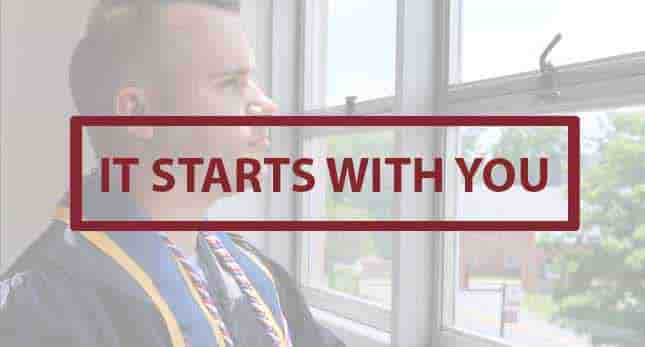“PBS is an evidence-based strategy used to improve independence, decrease behavioral challenges, teach new skills, and improve overall quality of life of individuals who are experiencing significant maladaptive behavioral challenges. PBS is a positive, proactive approach that focuses on preventing and intervening with challenging behaviors. The PBS approach can be used to work with anyone, not just individuals with intensive needs.” (West Virginia Department of Health and Human Resources Bureau for Behavioral Health, RFP, 2020) Positive Behavior Support training is available to any interested person who is involved with individuals who exhibit problem behaviors or disabilities in various settings. There is no pre-requisite, prior knowledge or degree required to enroll in this training. This training will utilize Canvas as a learning management platform. Positive Behavior Support training & mentoring program will last a total of 10-weeks, and will coincide with Concord University’s academic calendar. The first 5-weeks will consist of a 5-week online training. The 5-week online training will be supported, and directly followed by, a 5-week mentoring program which is included in the original $99 fee. Individuals must participate in both 5-week sessions! The initial 5-week training is offered in a completely online asynchronous format, and will include integrated live-video interaction with the Program Coordinator, Jesse Yuhasz. This training will utilize Canvas as a learning management platform to administer a series of self-paced modules to be completed on a weekly basis. Live video sessions will be during the first and last modules; trainees will be expected to be present and involved. Modules will consist of direct instruction, various assignments/activities, and quizzes. The subsequent 5-week required mentoring program will consist of: Upon successful completion of the training & mentoring, individuals will receive a grade of pass/fail for a Concord University EDPD course. Participants will be able to request official transcripts following the conclusion of each academic semester. Training Schedule: Training cost is $99. This fee is non-refundable. Should an individual not complete the training, they will not receive a refund. If a participant does not complete training, but would like to re-enroll at a later time, they will be required to pay again. Training is available to any interested person who is involved with individuals with problem behaviors or disabilities in various settings. There is no pre-requisite, prior knowledge or degree required to enroll in this training. Training will last 5 weeks. Trainings will coincide with Concord University’s academic calendar, and will conclude at the close of each semester. Training is completely online, and will include integrated live-video interaction with the Program Manager, Mr. Jesse Yuhasz. The training will consist of a series of self-paced modules to be completed on a weekly basis. This training will utilize Canvas as a learning management platform. Participants will need access to a computer, or equivalent electronic device, on a weekly basis, and access to wi-fi. There is no textbook, or additional course materials needed. Participants will need to have an active and accessible personal email address. Training will be graded at completion as pass/fail. Successful completion of all modules, knowledge checks and accompanying activities will be required for successful training completion. Final grades will be distributed at the end of each Concord University semester. Transcripts will be able to be requested at the close of each academic semester. In compliance with the agreement set forth between the United States Department of Justice (DOJ) and the WV Department of Health & Human Resources (DHHR), the Behavior Support Collaborative Center at Concord University seeks to build workforce capacity to support individuals who have challenging behaviors. The Behavior Support program at Concord University will collaborate with licensed behavioral health agencies and other agencies to increase behavior support workforce capacity and build sustainability of services, while accomplish the following:Behavior Support Collaborative Center
How much will this training cost?
Who can complete this training?
How long will the training take to complete?
How is the training formatted?
What will I need to complete the training?
What is the grading process?
When will I receive my transcript?
Behavior SupportBayleigh Meadows2025-03-06T13:39:08-05:00
“PBS is an evidence-based strategy used to improve independence, decrease behavioral challenges, teach new skills, and improve overall quality of life of individuals who are experiencing significant maladaptive behavioral challenges. PBS is a positive, proactive approach that focuses on preventing and intervening with challenging behaviors. The PBS approach can be used to work with anyone, not just individuals with intensive needs.” (West Virginia Department of Health and Human Resources Bureau for Behavioral Health, RFP, 2020)Behavior Support Collaborative Center


